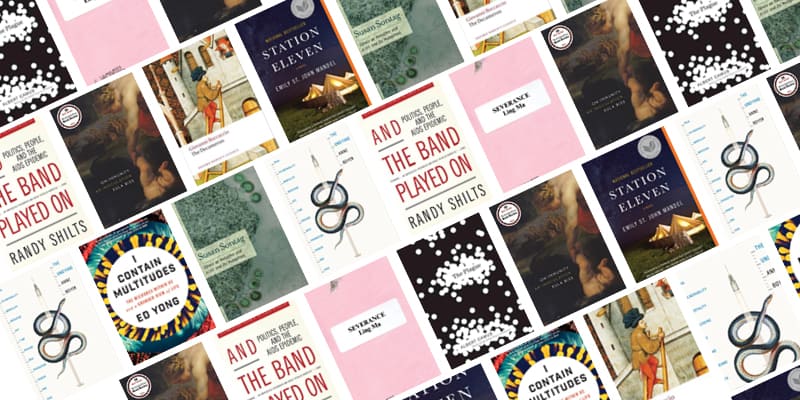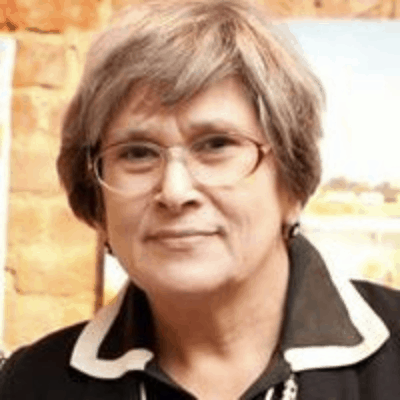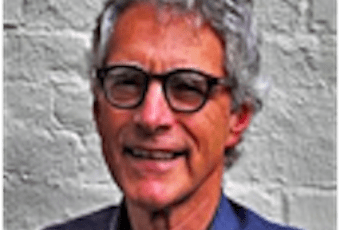
As more and more countries are grappling with the spread of COVID-19, it might be tempting to succumb to feelings of anxiety or helplessness. But in times of uncertainty, we at PEN America turn to literature because stories can help us make sense of those feelings and draw strength from the experiences of others. Throughout history and up to the present day, authors have grappled with epidemics and disease in their work—from suspense thrillers that titillate and evoke our hopes and fears, to profound and poetic narratives that reveal the human condition. Whether you’re looking for historical context about pandemics, scientific information about the spread of illnesses, or comfort, we hope these nine essential books will provide respite and illumination amid the anxiety of current developments.
The Undying, Anne Boyer (2019)
Finalist for the PEN/Jean Stein Book Award
Recounting her experience with an aggressive form of cancer, acclaimed poet Anne Boyer’s The Undying is a stirring meditation on mortality, illness, and survival. Boyer explores her experience alongside the politics and business of illness, the ecological and physical costs of chemotherapy, and the revitalizing forces of art and literature in this harrowing memoir.
Severance, Ling Ma (2018)
Ling Ma’s Severance is a moving, offbeat work of satirical science fiction, in which a world of zombies is wrought by a pandemic. Ma examines contemporary life, late-stage capitalism, and office culture with a deadpan sense of humor and a keen eye for the rituals and connections that compel her protagonist to do more than survive in a post-apocalyptic setting.
I Contain Multitudes, Ed Yong (2016)
Ed Yong’s I Contain Multitudes explores the intricate relationship between microbes and the rest of the natural world, using elements of science and history to explain the wonders of the human body. Using humor and intellect, Yong encourages his readers to challenge their understanding of nature and how we exist in the world not as individuals, but rather as groups that are interconnected and interdependent.
On Immunity: An Inoculation, Eula Biss (2014)
In this stimulating collection of essays, Eula Biss addresses our society’s prevalent anxieties about the environment and the medical establishment, drawing on her own experiences as a new mother to explore our complicated relationship to disease and infection. Biss invokes folklore, history, and science in this fascinating account of vaccines, disease, and interconnectedness.
Station Eleven, Emily St. John Mandel (2014)
Set in the Midwest two decades after a super flu pandemic has ravaged human life and dismantled civilization, Emily St. John Mandel’s Station Eleven ponders the possibilities of what new cultures and societies might emerge in a post-apocalyptic world. Through the perspectives of interconnected artists, Station Eleven considers the sufficiency of survival after a major collapse and how art can remind us of our humanity in the face of unimaginable circumstances.
Illness as Metaphor, Susan Sontag (1978)
In her work of critical theory, Illness as Metaphor, Susan Sontag (who served as PEN America’s president from 1987 to 1989) traces the language used to describe diseases like tuberculosis and cancer and criticizes the ways we silence, shame, and victim-blame those who suffer from sickness. In an age where public health is increasingly global, Sontag’s argument is especially relevant in identifying how racism, xenophobia, and “othering” affect the realities of worldwide wellness.
And the Band Played On: Politics, People, and the AIDS Epidemic, Randy Shilts (1987)
Considered to be the first major book published on AIDS, Randy Shilts reports on the making of an epidemic as he explores the political, social, and medical forces that led to the AIDS crisis in the 1980s. A masterpiece of investigative reporting, And the Band Played On details how American institutions contributed to the spread of the epidemic and the devastation that followed.
The Plague, Albert Camus (1947)
The Plague, considered a classic work of existentialism, is a testament to the power of human resilience in the face of death and suffering. Albert Camus uses the story of a plague in a coastal town in French Algeria to examine the complexity of the human condition.
The Decameron, Giovanni Bocaccio (1353)
The Decameron, a series of stories written in the wake of Italy’s Black Plague, is a reminder of how important storytelling has always been for humans in times of upheaval. The novel contains 100 stories in total, following characters from different social strata and backgrounds to ultimately construct a large-scale exploration of how society functions in the face of crisis.





















